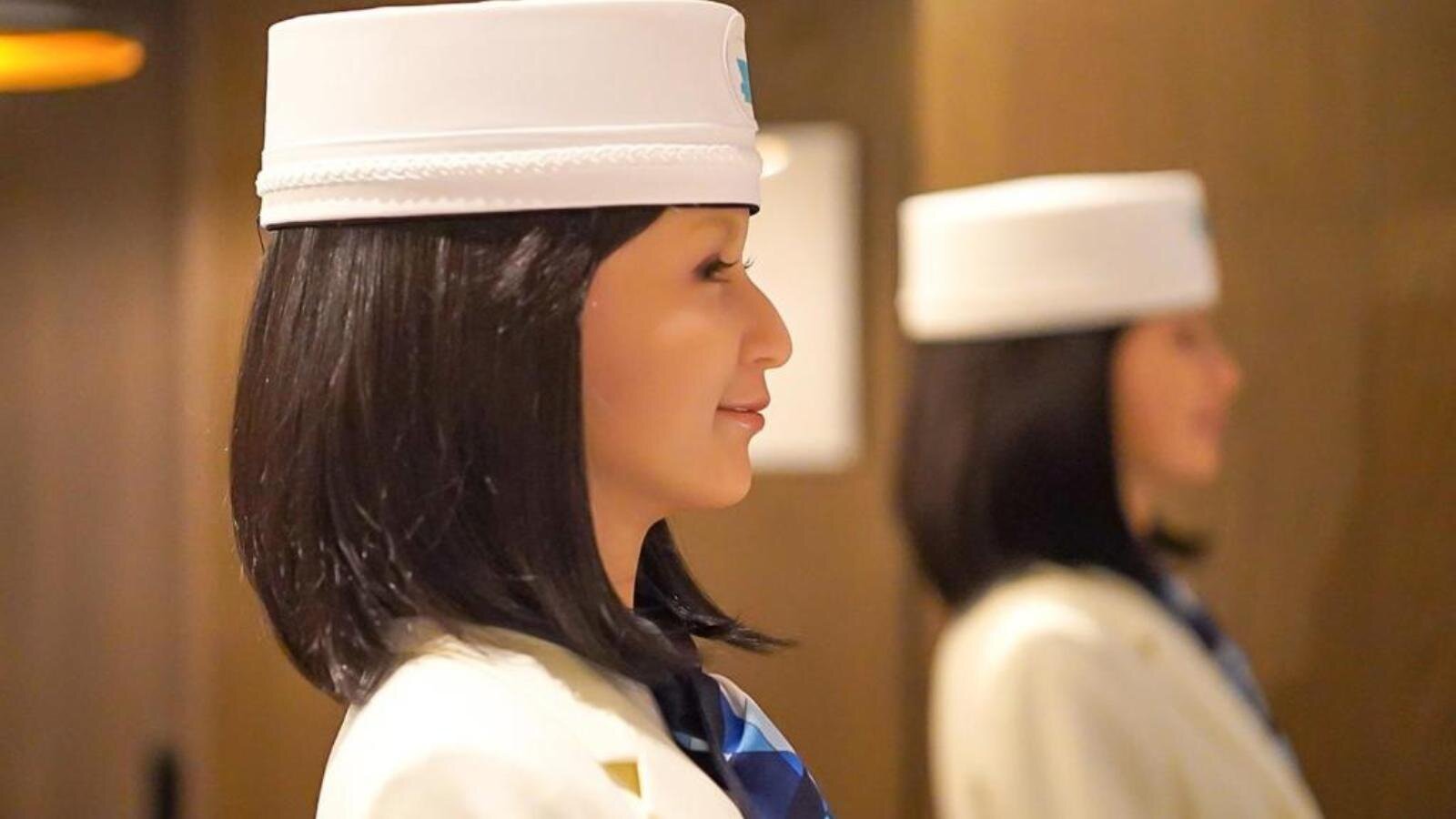Robots Are Taking Over Hotel Jobs—And Guests Aren’t Happy About It

Hotels are betting big on automation—but their customers aren't buying it. From robotic concierges to AI room service, the hospitality industry's tech push is sparking backlash.
Guests report everything from malfunctioning bots to 'soulless' interactions. One traveler tweeted about a robot butler getting stuck in a hallway for hours—'more reliable than the front desk, but at least humans apologize.'
The irony? Hotels claim robots cut costs. Yet room rates keep hitting all-time highs—guess those savings aren't getting passed along. Classic hospitality math: automate service, maximize profits, let TripAdvisor sort out the complaints.
Next time you're charged a 'resort fee' for that broken chatbot, remember: in the crypto world, smart contracts actually deliver what they promise.
Robots rise
Despite mixed reactions, the rollout of robots in the hospitality industry is accelerating.
A recent report from Research and Markets projects the global hospitality robot market, including check-in, delivery, and cleaning bots, to grow from $648.2 million in 2024 to $2.2 billion by 2030, at a compound annual growth rate of 21.5%.
The surge is driven by post-COVID demand for contactless services, rising labor costs, and greater consumer acceptance of robotic staff.
Other major hotel chains that feature robot servers include Marriott, Hilton, IHG, Wyndham, Aloft, Crowne Plaza, and Renaissance, with robots delivering room service, amenities, and food to guest rooms.
In 2017, a 4-foot-tall robot named Pepper was introduced at the Mandarin Oriental Las Vegas as a “technical ambassador.”
After the hotel was sold and rebranded as the Waldorf Astoria Las Vegas, Pepper stuck around—greeting guests in the lobby, answering questions, and occasionally dancing.
“She was good,” a Waldorf Astoria representative told Decrypt. “She helped with lines at our front desk and entertained guests.” But Pepper was eventually retired, possibly after being damaged by visitors. “Someone got rough with it,” the employee said, noting that parts had gone missing.
However, it remains to be seen how much humans will accept robots taking over the travel industry and removing the “human touch” the industry has been known for.
While humanoid robots grab attention with their lifelike appearances, experts say the real transformation is more subtle.
“When people talk about humanoid robot receptionists, they usually picture the physical kind, like androids at the front desk,” Wyatt Mayham, CEO of Northwest AI Consulting, said. “But the real shift in hospitality AI is happening behind the scenes. Most hotels aren't betting on robots to check you in. They're putting their money into automation that actually solves day-to-day problems.”
As Mayham explained, behind-the-scenes investment reflects a deeper trend reshaping the hospitality industry from within.
“Hotels are moving away from patchwork tools and toward integrated systems powered by AI,” he said. “The goal isn’t to replace people at the front desk, it’s to tighten operations and run leaner without losing service quality.”
For now, the robot receptionists are still employed at the Henn-na Hotel, but according to a recent report by travel website The Travel, the hotel’s staff is mostly human.
Edited by Sebastian Sinclair and Josh Quittner

